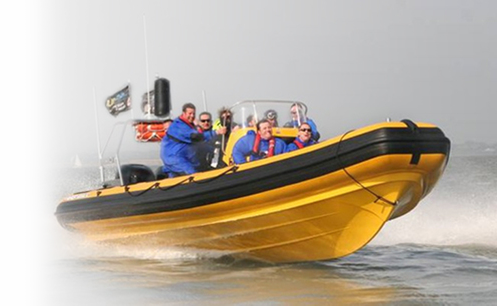Sign up today and unlock a world of maritime benefits. Enjoy exclusive offers, stay informed about the latest boating trends, access expert tips, connect with a thriving community, and be the first to know about upcoming courses and events. Safety is our priority, so we'll keep you updated on essential safety measures and equipment. It's all just one click away, and it's free! Join us on a journey of powerboating excellence. Sign up now!


 RYA Course
RYA Course